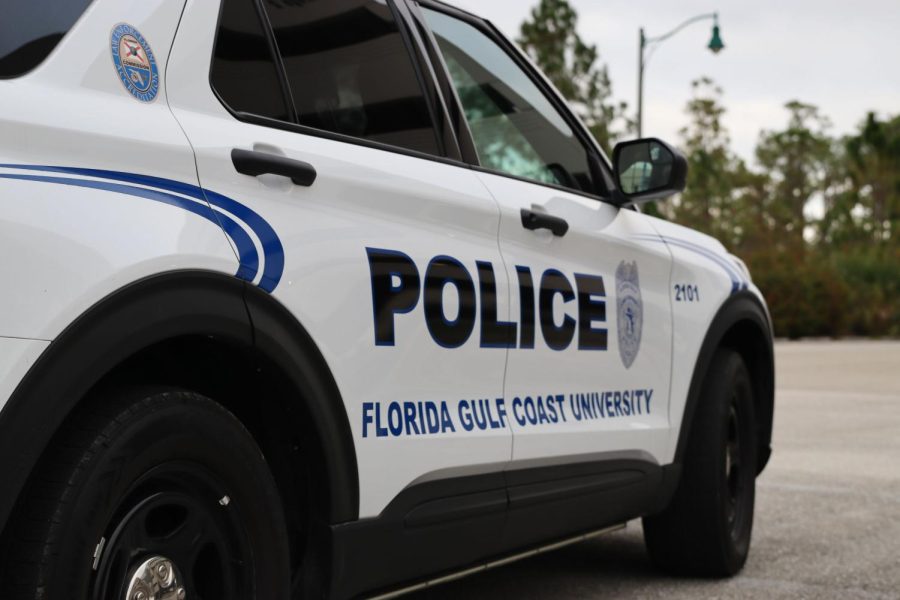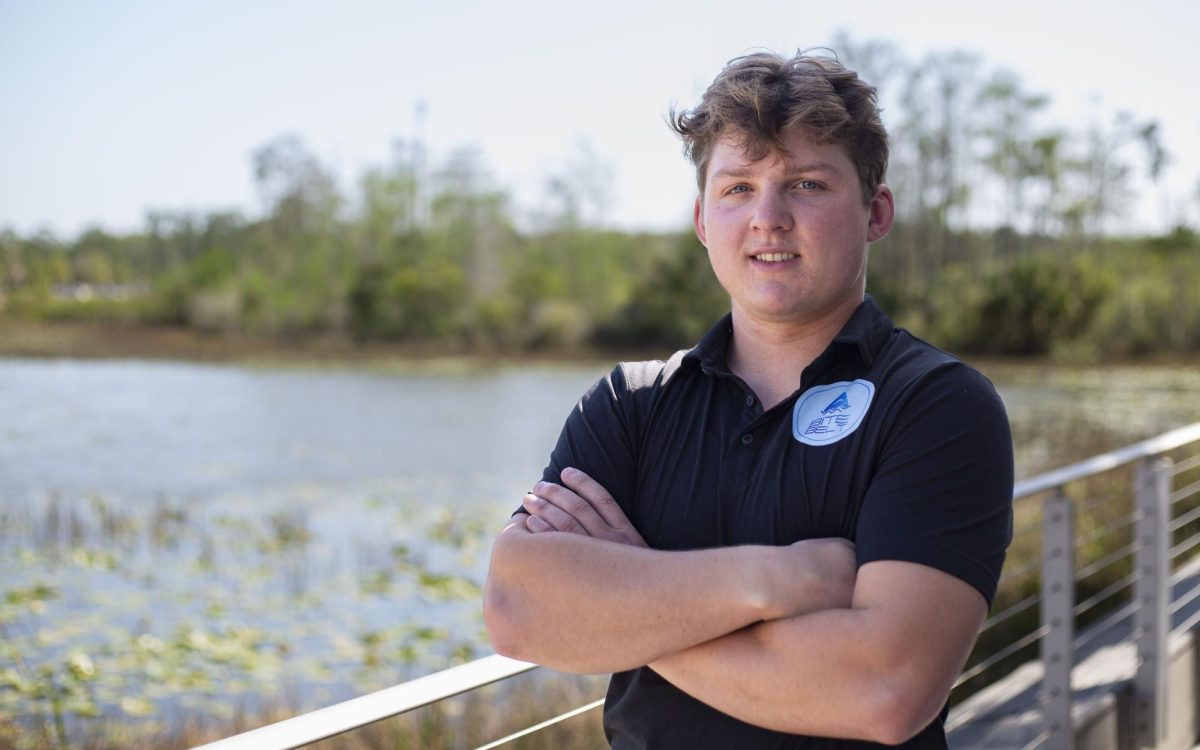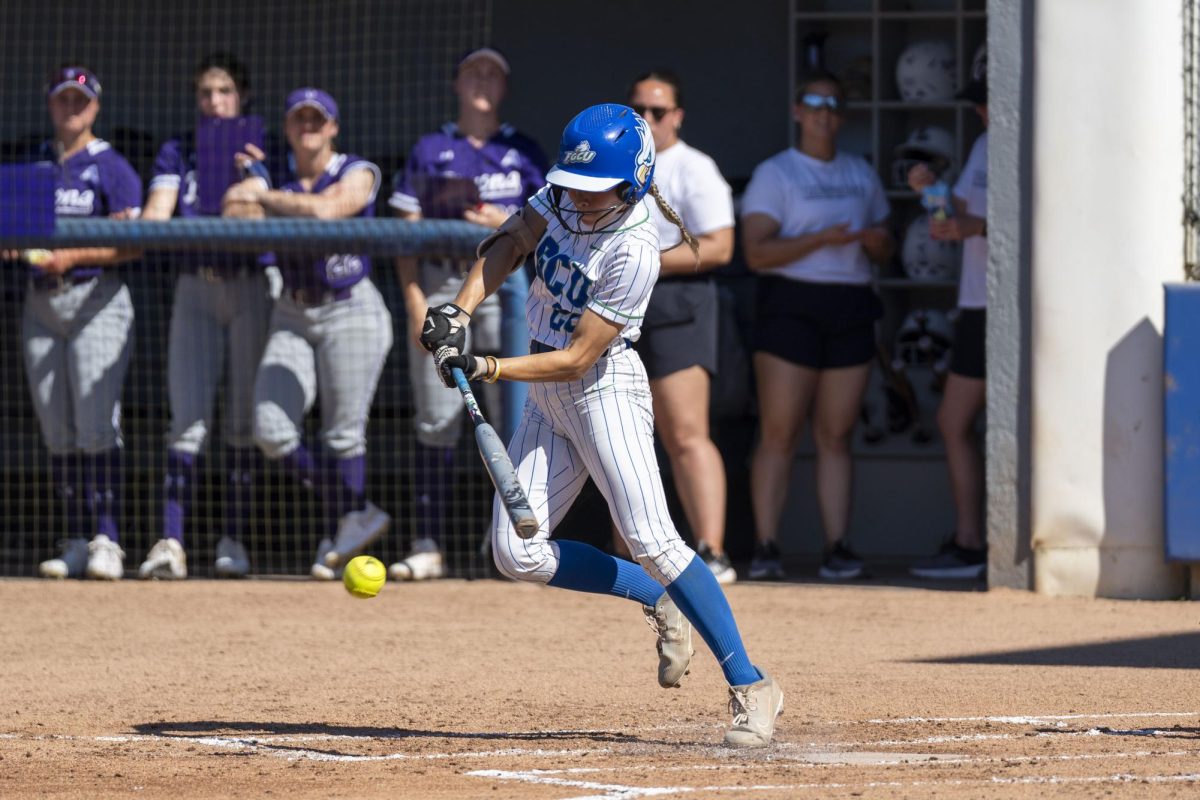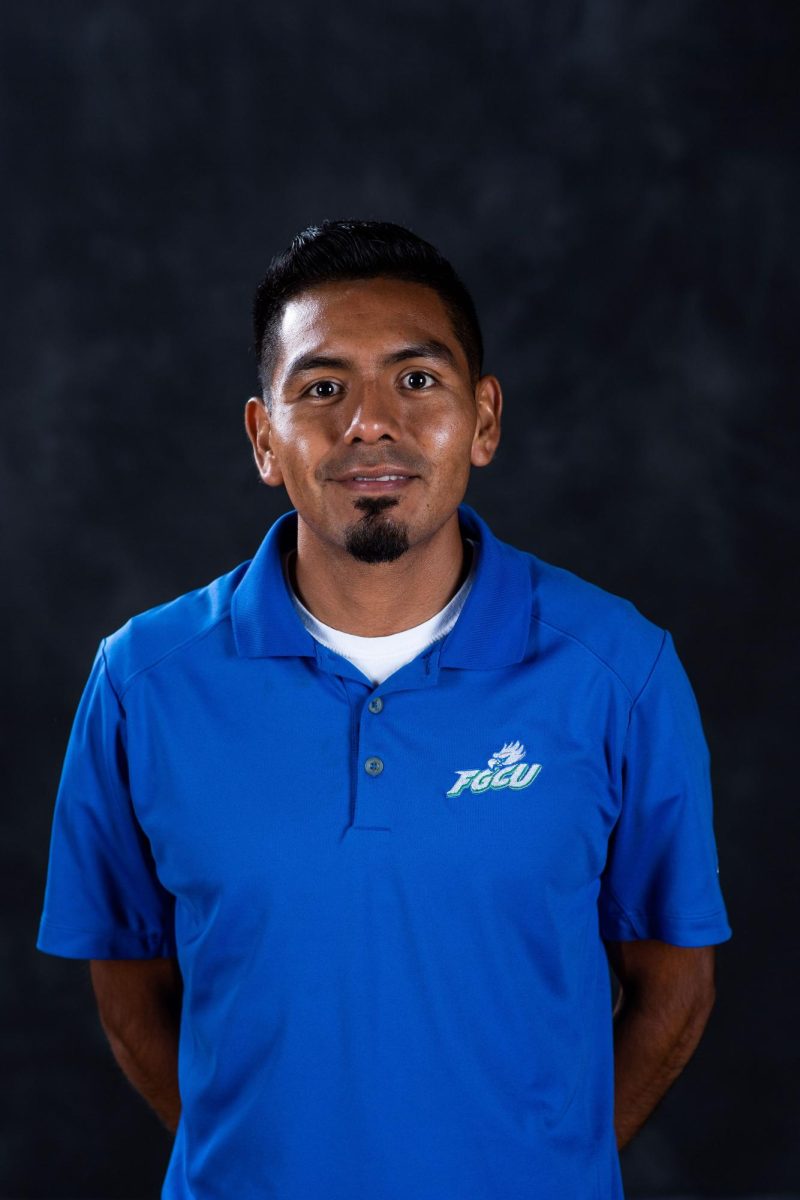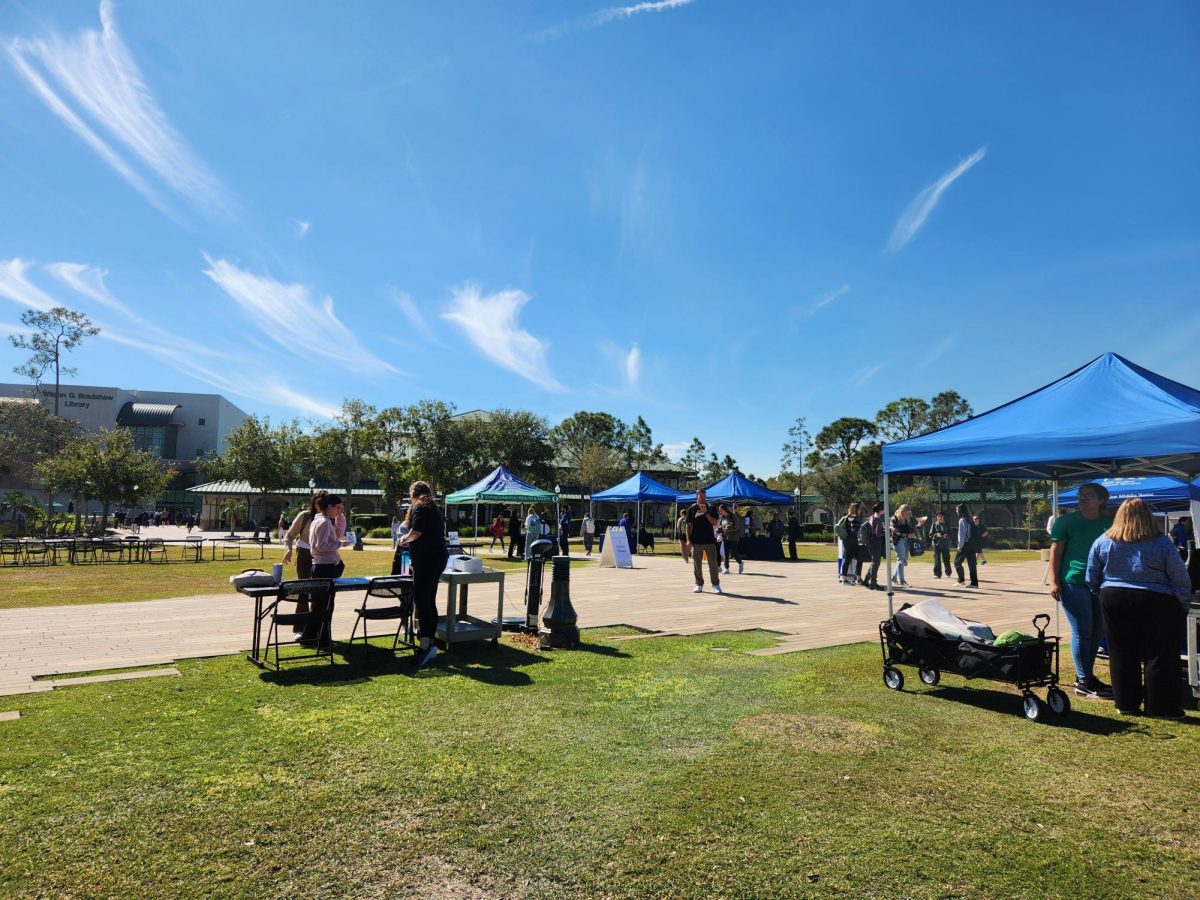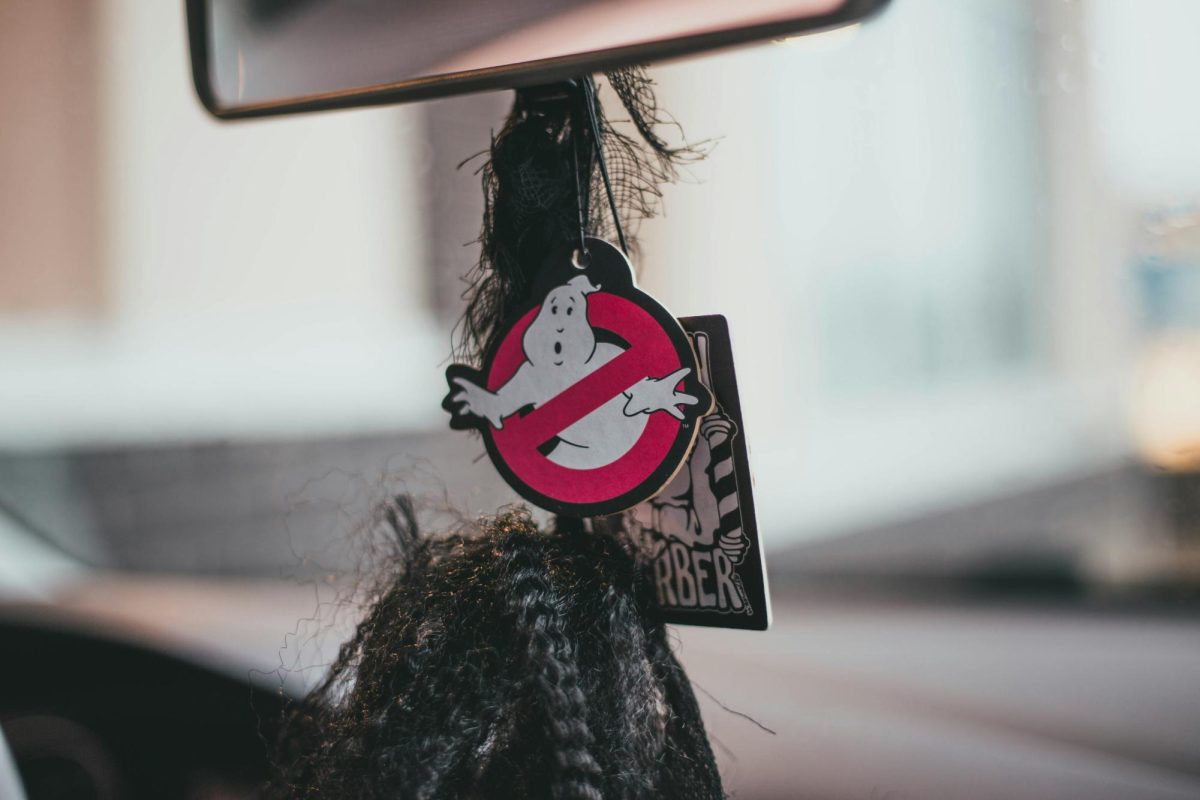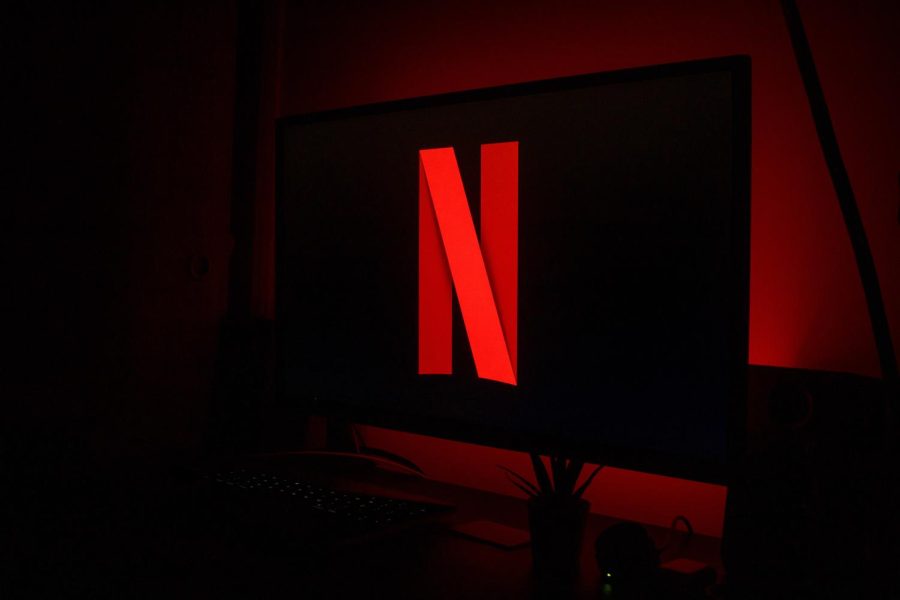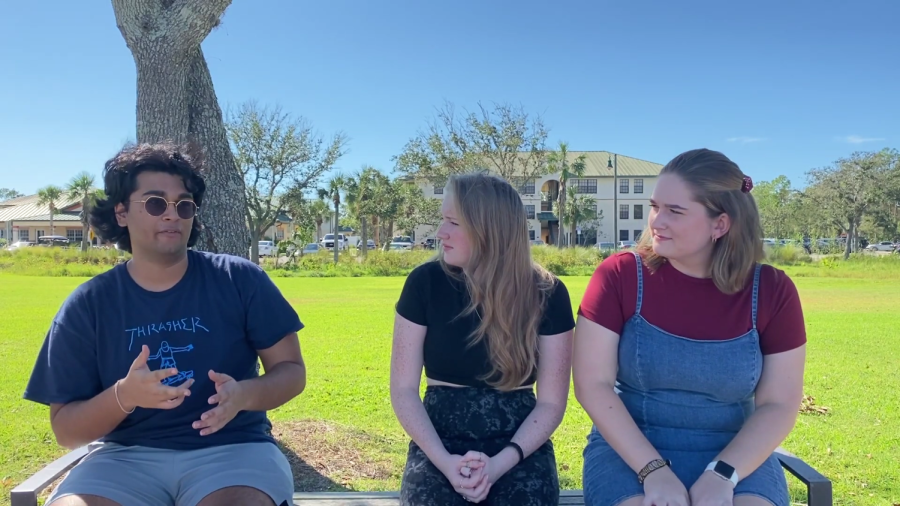“Everyone is in an emergency state, all the time,” Travis Wright said.
“Gideon’s Army,” a documentary available to stream on Netflix, follows Travis Wright, a public defender in Atlanta, Georgia and two other public defenders as they handle the tasks required when you are working for 120-200 defendants at a time while being paid a little more than a school teacher. However, you would be hard pressed to find a public defender who didn’t pay his way through college and law school without student loans, which means this altruistic career does not come close to paying the bills.
We follow a case for Wright and Brandy Alexander. Each tells a story of a kid who was with the wrong people at the wrong time. While there is an argument for the term “guilty by association,” there is no argument for ruining a person’s life for a crime they did not commit. The story told within this documentary eventually begins to overshadow all of the depressing and hard to swallow facts that remain unknown to the overwhelming public who speak so highly of “justice for all”.
Within The United States, there are 12 million people arrested each year, but there are only 15,000 public defenders. If divided equally would be around 765 clients for each attorney per year. Any person with common sense can realize that with such a large workload, errors must happen frequently. However, each case is entirely different with its own challenges of proof or the lack there of. If there is not someone there to point out the disparities in a case, how can this country expect its citizens to trust in its system?
Public defender Brett Willis continues on the subject,
“You realize very quickly that when 90 to 95 percent of defendants being charged plead guilty to something it is because the system is designed to force them to plead guilty and it punishes their failure to comply,” Willis said. “This is the way it really works. You go to jail charged with an offense by whatever a police officer thinks you did. They set a bond, and if you’re poor that means you don’t get out and you sit and sit and sit. You may have lost your house, your kids may need sustenance and you may have been taken out of school. All of the things that would happen if you were summarily plucked from your life. You have such a tremendous pressure to plead guilty. It’s all about lessening penalty. That’s what we do.”
In Wright’s case, the documentary follows an orphaned teenager named Branden who is accused of robbing a pizza man with a knife. It’s Wright’s impression that fingerprint evidence from the scene would prove advantageous for his client. But fingerprints are rarely used in cases of poor suspects because the state would rather not waste the money. What Wrightdoes to get around this bureaucracy proves the lengths he must go to learn such an important fact that sadly the state finds so unimportant. Travis tricks the D.A. into testing them by making them believe they are incriminating Branden. I will not leave any spoilers within this review, but I will say that while taking notes on this documentary I wound up forgetting all about them after only a half an hour of watching because the stories pull you in all the way until the very end.
Director Dawn Porter does a phenomenal job at telling such an unspoken story within modern day America. Naming the movie after the trial of Gideon vs. Wainwright, where a man sued the justice system after losing a case he was forced to fight on his own due to his low economic standing. Gideon won unanimously, safely procuring the right to a public defender for all those suspects of the future being accused of crimes by the state.
The tragedy is that public defenders are a necessity within any justice system that strives for fairness and impartiality; however, they are treated with such abandonment in this system. After watching this documentary you cannot help but question the system of crime we live around all day. Wright and Alexander seem to be remarkable examples of the kinds of people this career breeds and listening to the wisdom and patience preached from these brave men and women is inspiring at the least.
The importance of this documentary is that it opens you up to the inner workings of this present system. This documentary also begs you to question what our government can do to make the common suspect’s day in court more honest and fair because maybe one day it could be you or someone you care who must prove their innocence in a room of law and order.
Netflix Review: A case for defending the public defender
September 24, 2014
Story continues below advertisement
More to Discover
CONTACT US
10501 FGCU Blvd. South
Fort Myers, FL 33965
Phone: 239.590.7945
EXECUTIVE EDITOR
Tori Foltz
[email protected]
STUDENT MEDIA ADVISER
Justin Paprocki
[email protected]
10501 FGCU Blvd. South
Fort Myers, FL 33965
Phone: 239.590.7945
EXECUTIVE EDITOR
Tori Foltz
[email protected]
STUDENT MEDIA ADVISER
Justin Paprocki
[email protected]


